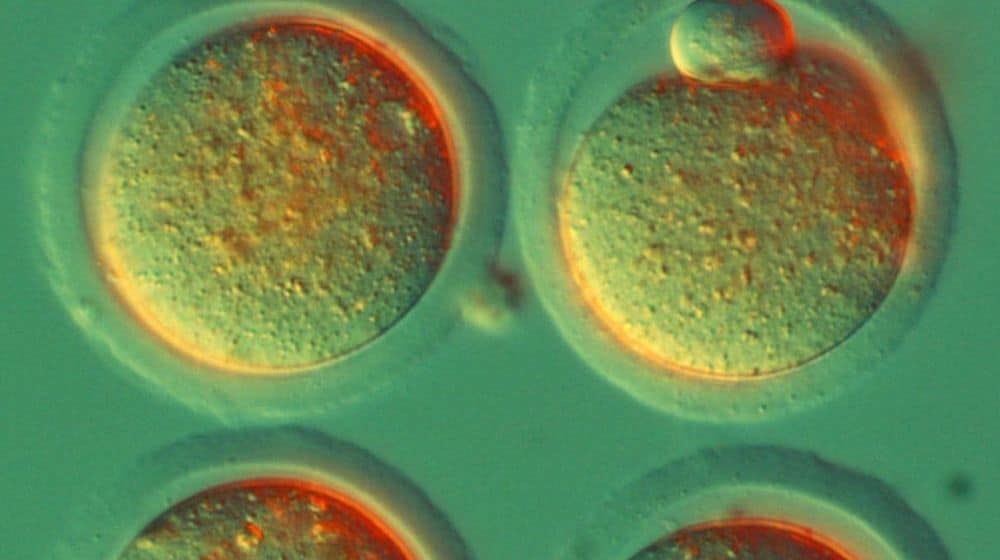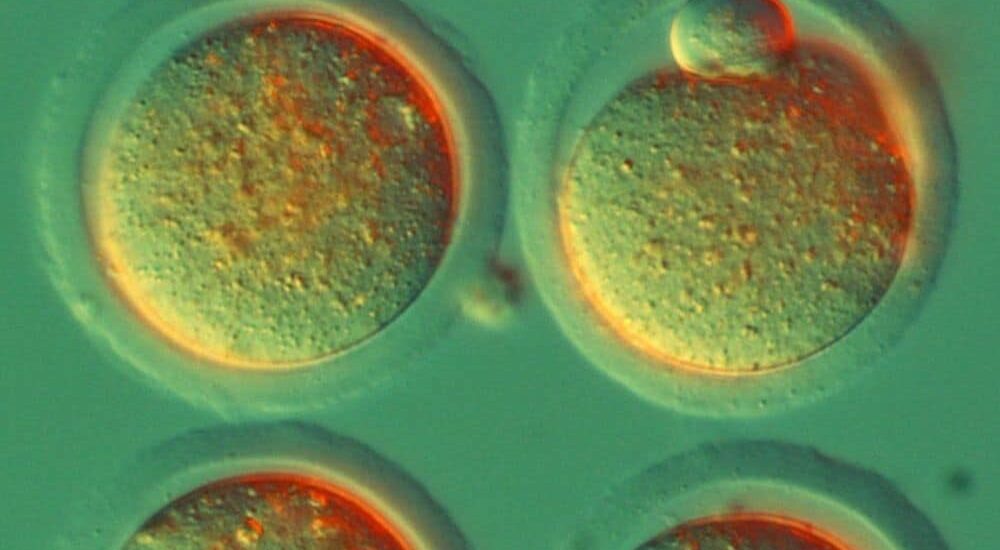
Hope for HIV Patients: The Potential of Stem Cell Transplantation

Human Immunodeficiency Virus (HIV) is a viral infection that attacks the immune system, making the patient more susceptible to infections and diseases. While antiretroviral therapy (ART) has significantly improved the quality of life and life expectancy of HIV-positive individuals, it is not a cure. However, recent research has shown that stem cell transplantation could be a potential cure for HIV.
Stem cell transplantation involves replacing damaged or diseased bone marrow with healthy stem cells. In 2008, an HIV-positive patient with leukemia received a stem cell transplant from a donor who carried a rare genetic mutation that made them resistant to HIV. The patient not only survived the transplant but was also cured of HIV. Since then, several other cases of HIV-positive patients being cured of the virus after receiving a stem cell transplant have been reported.
The reason stem cell transplantation is effective in curing HIV is that the stem cells that are transplanted can develop into new immune cells, including CD4 T-cells, which are the primary target of HIV. When the new immune cells are created, they are not infected with the virus, effectively replacing the infected cells.
While stem cell transplantation may be a potential cure for HIV, it is not a viable treatment option for everyone. Stem cell transplantation is a complex and risky procedure that can have serious complications, including graft-versus-host disease, where the transplanted cells attack the recipient’s body. Additionally, finding a suitable donor with the rare genetic mutation that makes them resistant to HIV is incredibly challenging.
Despite these challenges, stem cell transplantation offers hope for HIV-positive individuals who have exhausted all other treatment options. Research is ongoing to develop safer and more effective stem cell transplantation procedures and to find alternative sources of stem cells.
In conclusion, stem cell transplantation is a ray of hope for HIV-positive individuals who have been living with the virus for years. While it is not a cure that is widely available, it offers a glimmer of hope for those who have exhausted all other treatment options. It is crucial that research into stem cell transplantation continues, and that new and better treatments are developed to improve the lives of people living with HIV.








